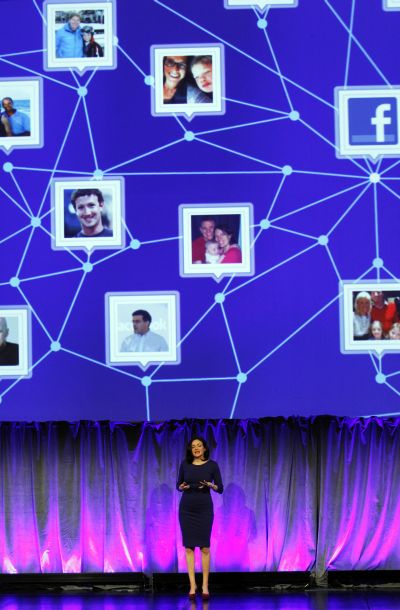
Noah, a short film at the Toronto Film Festival, is innovative in a peculiarly unobtrusive way. It is a little tale of romance and heartbreak from the point of view of teenager Noah.
Noah loves Amy. He gets jealous and hacks into her Facebook account to see if she's cheating on him. There are consequences.
If you have children, or nephews and nieces of a certain age, you've seen real-life versions of this and it can be very tedious.
It was only after the 15-minute movie ended that I realised something odd. The action takes place entirely on Noah's computer screen.
Click NEXT to read more…
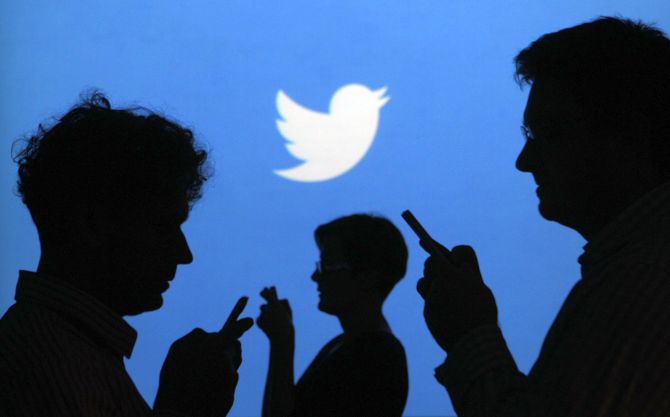
There is no physical interaction. It is not that Noah is asocial or disconnected. All his connections are digital - that is how he "hangs".
He flips between his browser tabs, researching stuff for school projects, listening to music, watching porn, watching sports, whatever.
Noah has friends; he chats to them on Facebook, IM and Skype. He has musical interests and he's interested in women.
Click NEXT to read more…
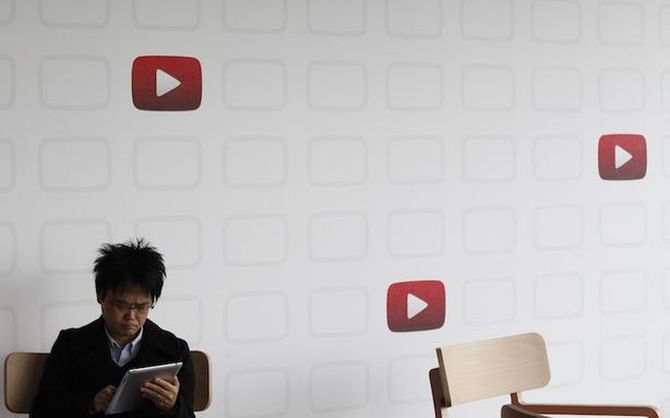
He plays guitar to an attractive stranger at a porn chat site. There are references to dates, school, and the paraphernalia of daily existence.
The point is this is oh-so-natural. Noah is utterly believable as the angst-ridden teenager. He's no Holden Caulfield; he's just a kid with a pretty standard lifestyle.
Click NEXT to read more…
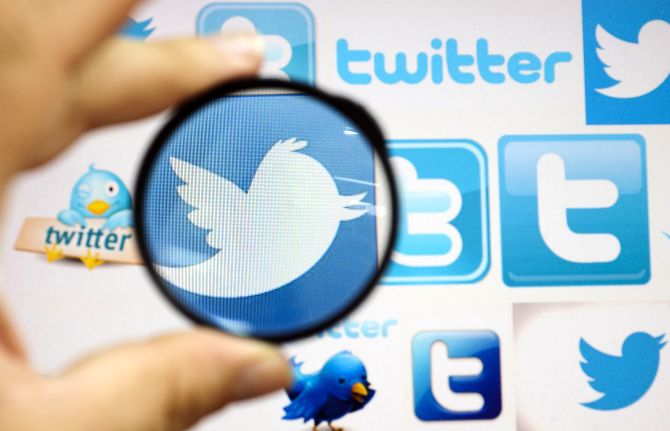
Social media (sometimes still called Web 2.0) has become so integral to our lives that we don't even see the ways in which it has changed us.
We may each use social media for different things, but everybody, barring a naked sanyasi, uses some.
For instance, I'm sitting alone in a hotel room in Chennai. For obvious reasons, I've got the cricket up.
Click NEXT to read more…
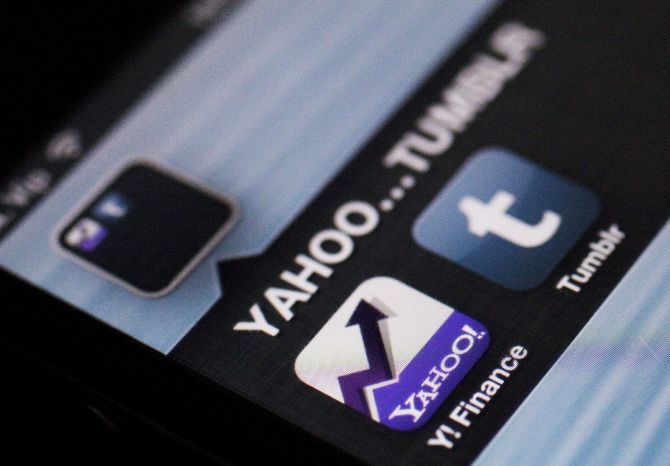
I also have Cricinfo commentary on. My Twitter timeline is full of people yelling about The Last Tango in Mumbai. My Facebook page is inundated with it.
I'm also idly searching for decent Hyderabadi cuisine - thoughts of biryani have been triggered for some reason - maybe because it's Muharram, even though that is a day of mourning.
I'm trying to write this while playing through some chess games on the cloud and monitoring chess forums for guesses about the likely course of the fifth Carlsen-Anand game.
Click NEXT to read more…
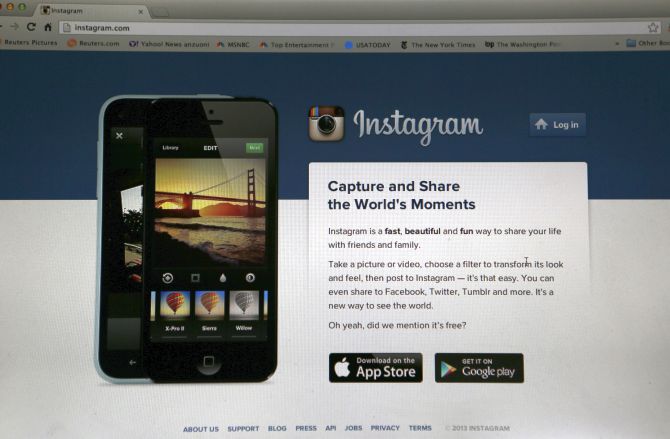
I don't think any of this activity is particularly unusual. Millions of people are doing their own personalised versions of this, 24x7.
Facebook, Linkedin, YouTube and Twitter, and their clones in places where governments don't allow these specific companies to operate, don't allow an opt-out. They are too embedded in the warp and weft of society.
Click NEXT to read more…
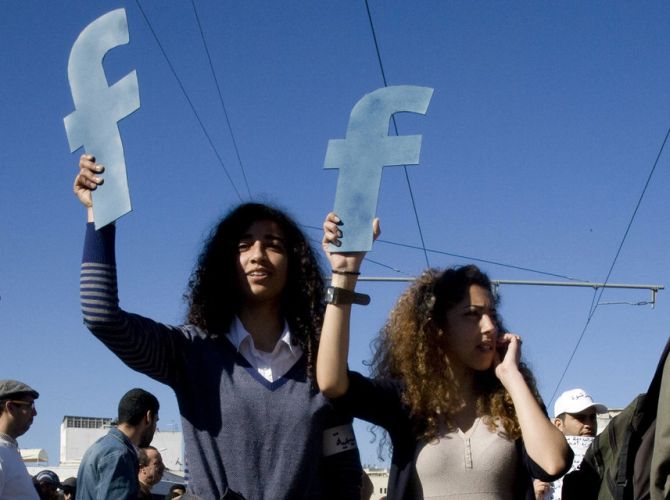
Part of the reason, of course, is that smartphone/phablet/tablet adaptation is growing logarithmically, and so are cloud-based services and data storage. Together, that makes the "interwebs" ubiquitous in an unprecedented way.
My local shopkeeper uses a free android barcode app; his sons stream YouTube playlists of appalling Punjabi rap; my cook shows me videos of her grandkid.
Is Web 2.0 monetisable in ways Web 1.0 was not? The stock market seems ready to bet on that.
Click NEXT to read more…
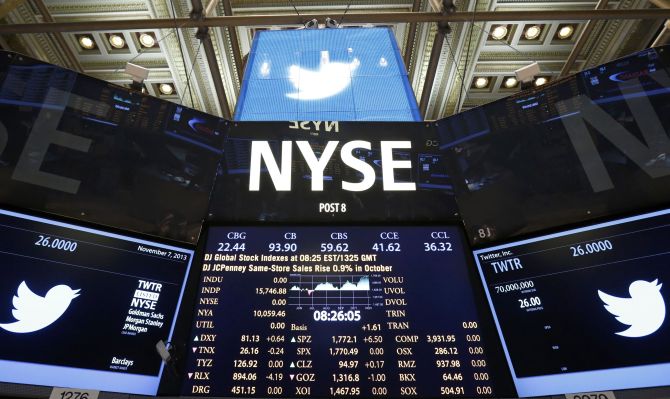
Twitter has done well at the initial public offering and a new wave of Web 2.0 companies is heading for the primary market.
Most hope to get valuations as unreal as the valuations the internet companies enjoyed back in the good old days of 1999.
The trick with social media is that it allows people to entertain each other while the platform providers mine the data generated for insights.
Click NEXT to read more…
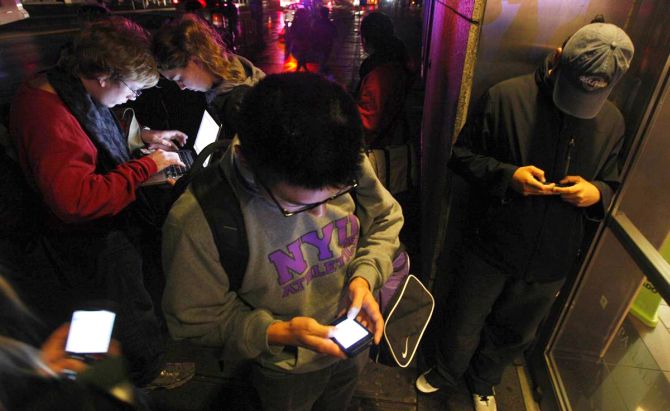
We carry our smartphones everywhere, which means we are continuously connected in a way nobody was with desktops or laptops. Given 24-hour access to that many people, there must be many ways to make money.
But, as with any new sector, most Web 2.0 businesses will fail. New tech sectors are always bubbly, nobody has clear valuation models, and every investor is wearing a venture capitalist's hat and looking for 10x returns. We could be heading into a new big tech bubble.